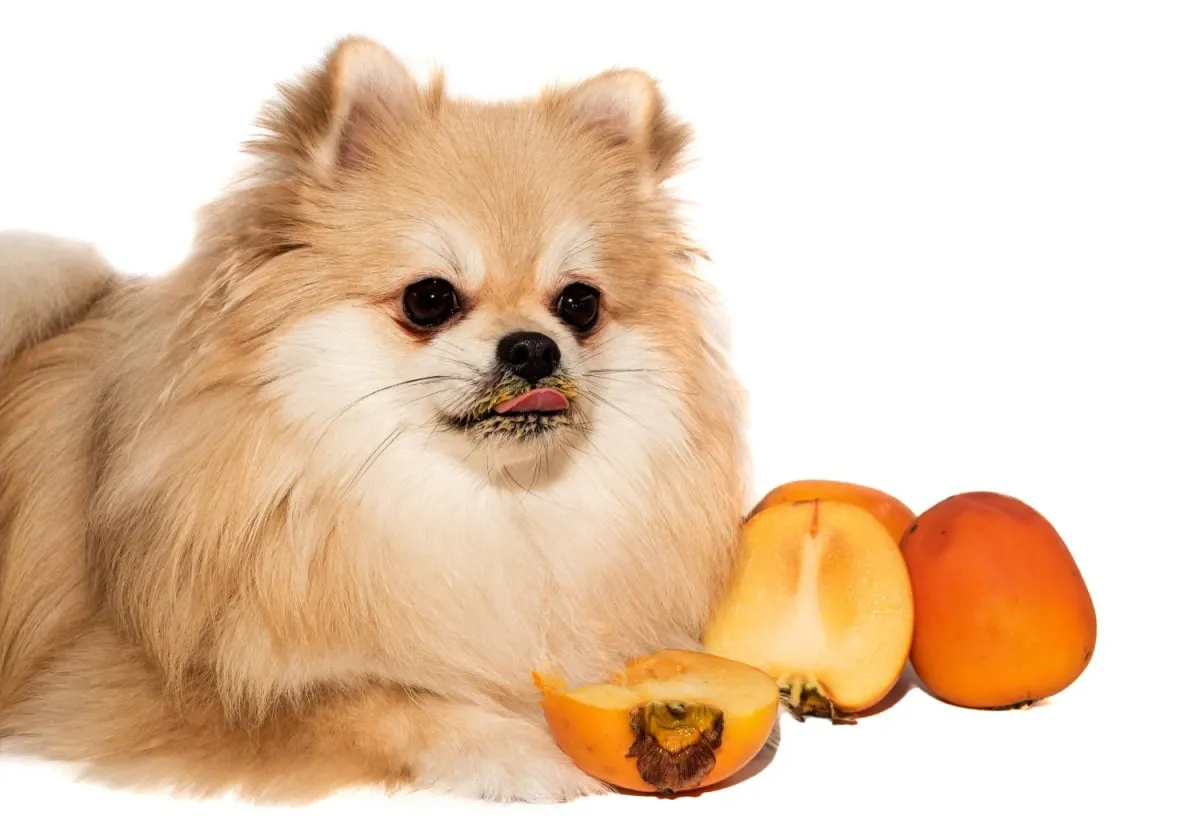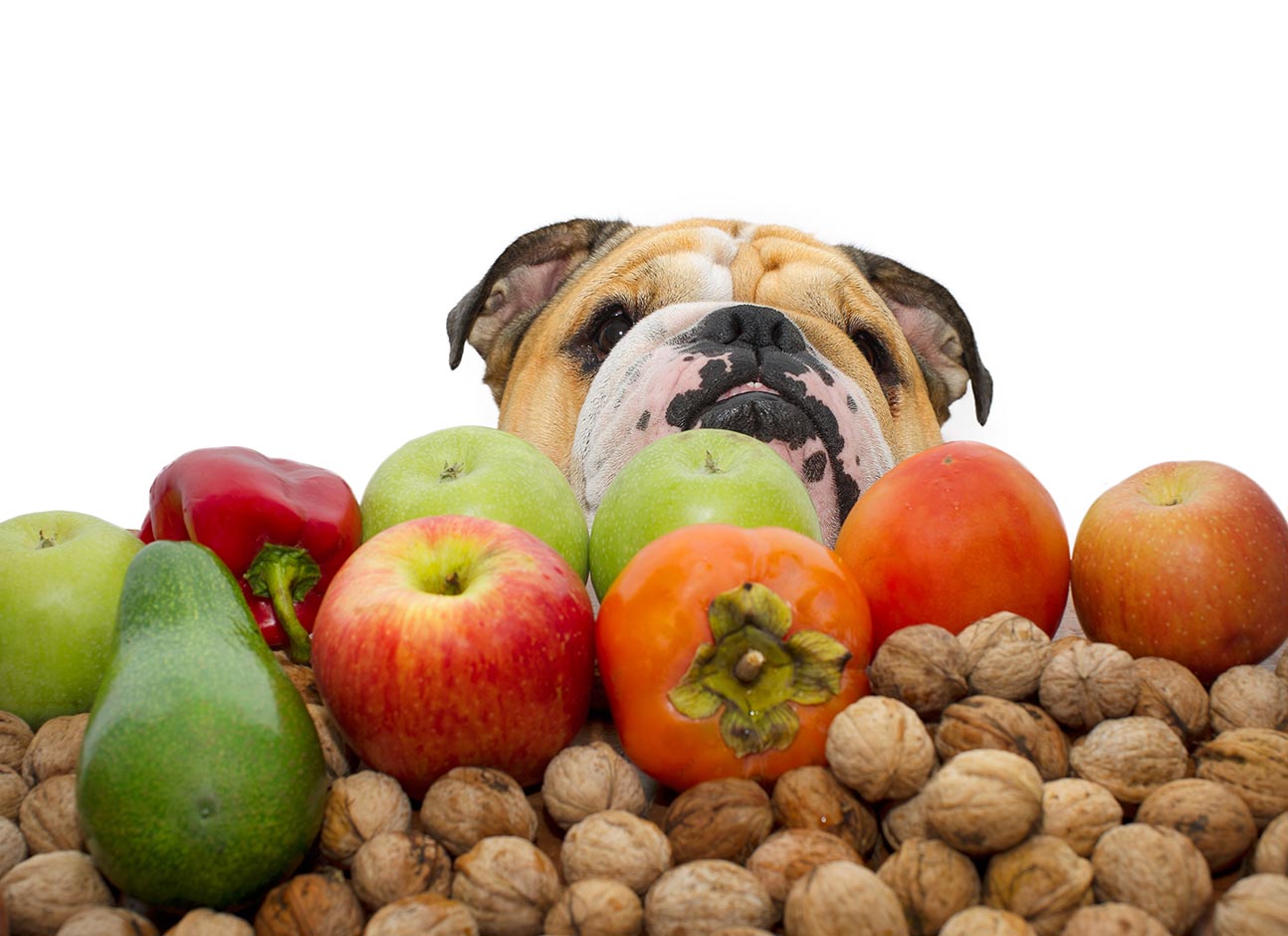Reviewed by Dr. Sarah Yosry
Updated on 12/14/2024
Reading time 3 min.
Overview
Severity: Low
Life stage: All
Persimmons are delicious and nutritious, but they can be toxic to dogs. So, how do you know if your dog can eat persimmons? Read on to learn more about potential toxicity in dogs and how cats might react to having them around.
Are Persimmons Safe for Dogs?
Persimmons are not toxic to dogs. However, some persimmons are poisonous to dogs and should be avoided. If your dog eats a toxic persimmon, it can cause vomiting and diarrhea with abdominal pain in severe cases.
If this happens, seek medical help immediately to prevent any serious consequences.
Persimmons are safe for your pup if they are adequately prepared: they must be peeled before being fed; they must be cut into small pieces; the entire fruit should not be consumed at once (unless you want your dog going into shock); and no seeds or fibers should remain on the skin after peeling off its outermost layer (which protects against choking).
The Health Benefits of Persimmons
How to Safely Prepare Persimmons for Dogs?
Persimmons are a great source of vitamin A, which your dog needs to stay healthy. However, they can also cause digestive upset if they’re not prepared correctly. Here’s how to safely prepare them:
- Wash the fruit before serving it to your dog. This will remove any pesticides on the leaves and ensure you don’t give them an upset stomach by eating something they shouldn’t have eaten before bedtime!
- Remove seeds and skin from each piece of persimmon before feeding them to your pup (or cat). You’ll want all traces of dirt removed so that nothing gets stuck in their teeth or intestines!
- Chop up small pieces into bite-sized chunks—they should look like pieces of fruit rather than big chunks with seeds inside them (which won’t go down quickly). You can also slice up more significant amounts if you’d prefer not to have anything too substantial in front of your pet/cat’s face when eating out whole fruits would be easier for them to see what’s inside first before choosing whether or not he wants more food options.
Risks of Feeding Persimmons to Dogs
There are risks associated with feeding persimmons to dogs. The most common risk is that the dog will become sick due to a bacterial infection caused by eating these fruits. Other potential health problems include:
- Diarrhea
- Kidney stones
If you’re interested in trying out this snack for your pet, make sure it’s not something that could harm them and keep an eye out for any suspicious symptoms like diarrhea or vomiting. Consult your vet if you see any of the above symptoms.

Conclusion
Persimmons are a delicious treat for dogs, but they shouldn’t be fed in large amounts. The fruit contains oxalic acid, which can cause kidney damage and lead to death in some dogs. If you provide your dog with persimmon, make sure it’s cut up into small pieces or mashed into a pulp before serving!
Never compromise on your pet’s diet. Discover our Food Delivery service and bring the best to their bowl!
Share this, choose your platform!
Writen by
Dr. Sarah Yosry
DVM
A product of a rich Australian/Egyptian heritage, Dr. Sarah Yosry stands as a testament to the union of diverse cultures and a shared love for animals….


